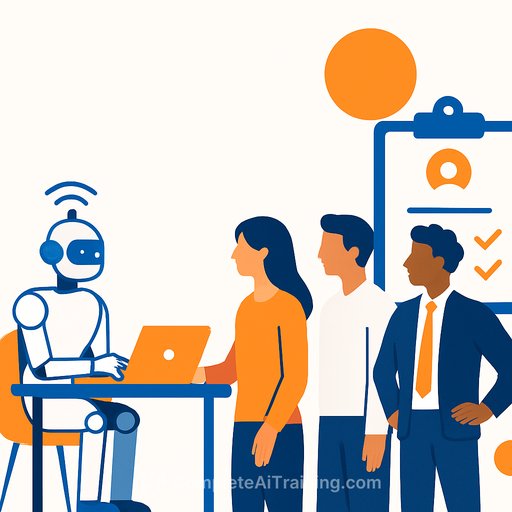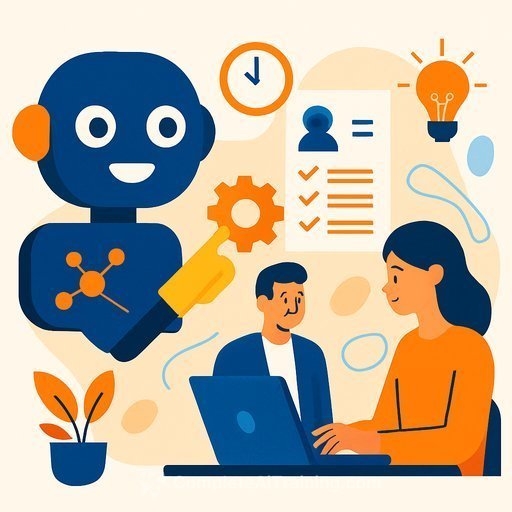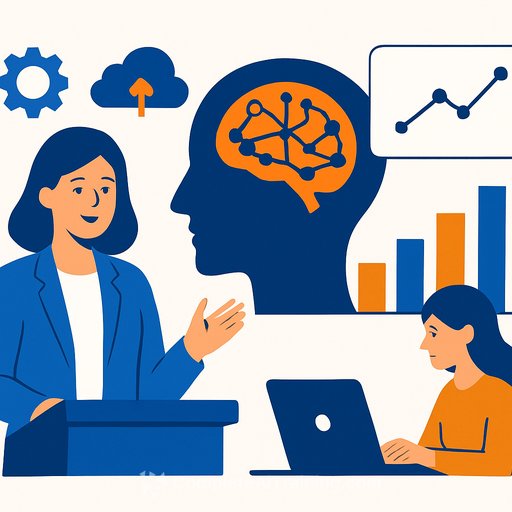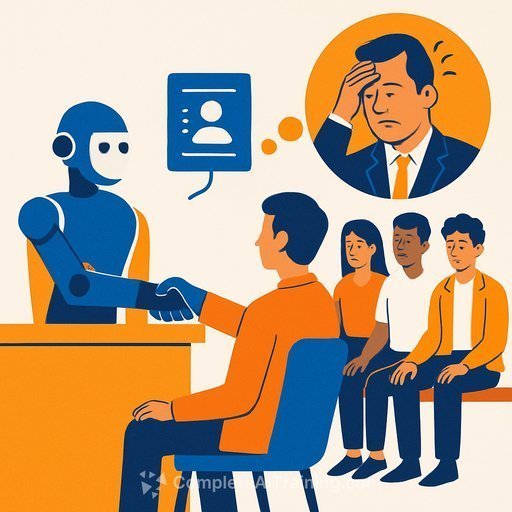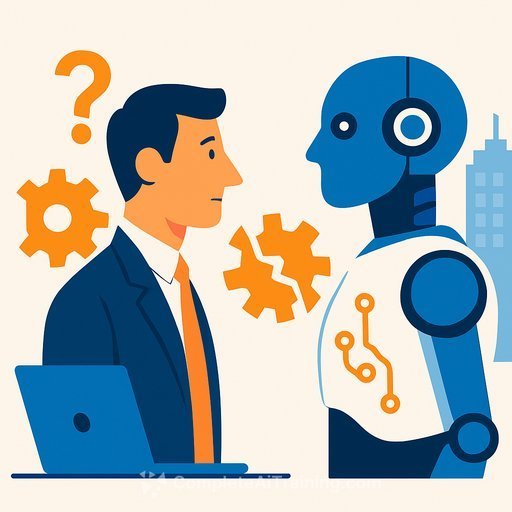Explainer: Will AI Replace HR?
Human Resource teams are under growing pressure to automate tasks and reduce headcount using artificial intelligence (AI). Companies are adopting AI to improve areas like talent acquisition, onboarding, employee engagement, and performance management. But as AI use expands, concerns about bias, discrimination, and transparency also increase.
Here’s a straightforward look at what AI means for HR teams and what lies ahead.
Is AI going to replace HR?
AI will definitely change HR roles. Many repetitive and transactional tasks—those that often frustrate employees—are prime candidates for automation. For example, IBM is already cutting down these routine activities. This means fewer HR staff overall, but those who remain will handle more meaningful and impactful work.
Are there risks in downsizing HR teams too quickly?
Yes. Companies need to approach this carefully. New AI technologies bring unknowns, and cutting HR teams too fast can harm both the employees losing jobs and those still being supported. Managers often rely heavily on HR. Without the right people or technology to guide them, confusion and mistakes can multiply.
What problems might arise from rushing this?
Confusion is a big risk. Simple but important tasks like pay raises, paid time off, and benefits administration can get botched. This creates frustration and skepticism among employees and managers. In the worst case, it can make the company feel disorganized and drive good people away.
Which HR tasks are good candidates for AI automation?
Frequently asked questions about policies are ideal for automation. Things like “What is our PTO policy?” or “How do I conduct performance reviews?” can be answered instantly by chatbots. IBM has automated salary increase recommendations, using formulas to reduce bias and subjectivity in compensation decisions. While some worry about AI handling pay, having AI inform these decisions behind the scenes can add fairness.
What about tasks that are harder to automate?
Performance reviews and career development are tricky. AI tools can gather data from sales figures, customer feedback, and digital interactions to help managers. But if employees feel their manager isn’t personally involved, it can hurt morale. Handing over these evaluations entirely to AI can feel impersonal, though this might become more accepted over time.
What ethical issues need attention?
One major concern is data privacy. Employee information is sensitive and usually restricted within HR. Using AI means this data might be shared more widely internally. Companies must decide who accesses what and set strong safeguards. Transparency is key—employees should know if AI or formulas influence pay or promotions, though the exact details might be kept confidential to prevent manipulation.
How could AI impact the labor force?
AI is already reducing entry-level roles, especially for recent graduates in fields like computer science, consulting, and investment banking. While cutting these jobs saves money short-term, it raises questions about developing future leaders. Without entry-level positions, where will people learn and grow? Organizations will need to think carefully about how to fill this gap going forward.
For HR professionals, understanding these shifts and preparing for a changing role is crucial. AI can handle routine work, freeing you to focus on strategic, human-centered tasks that technology can’t replace.
Your membership also unlocks:

